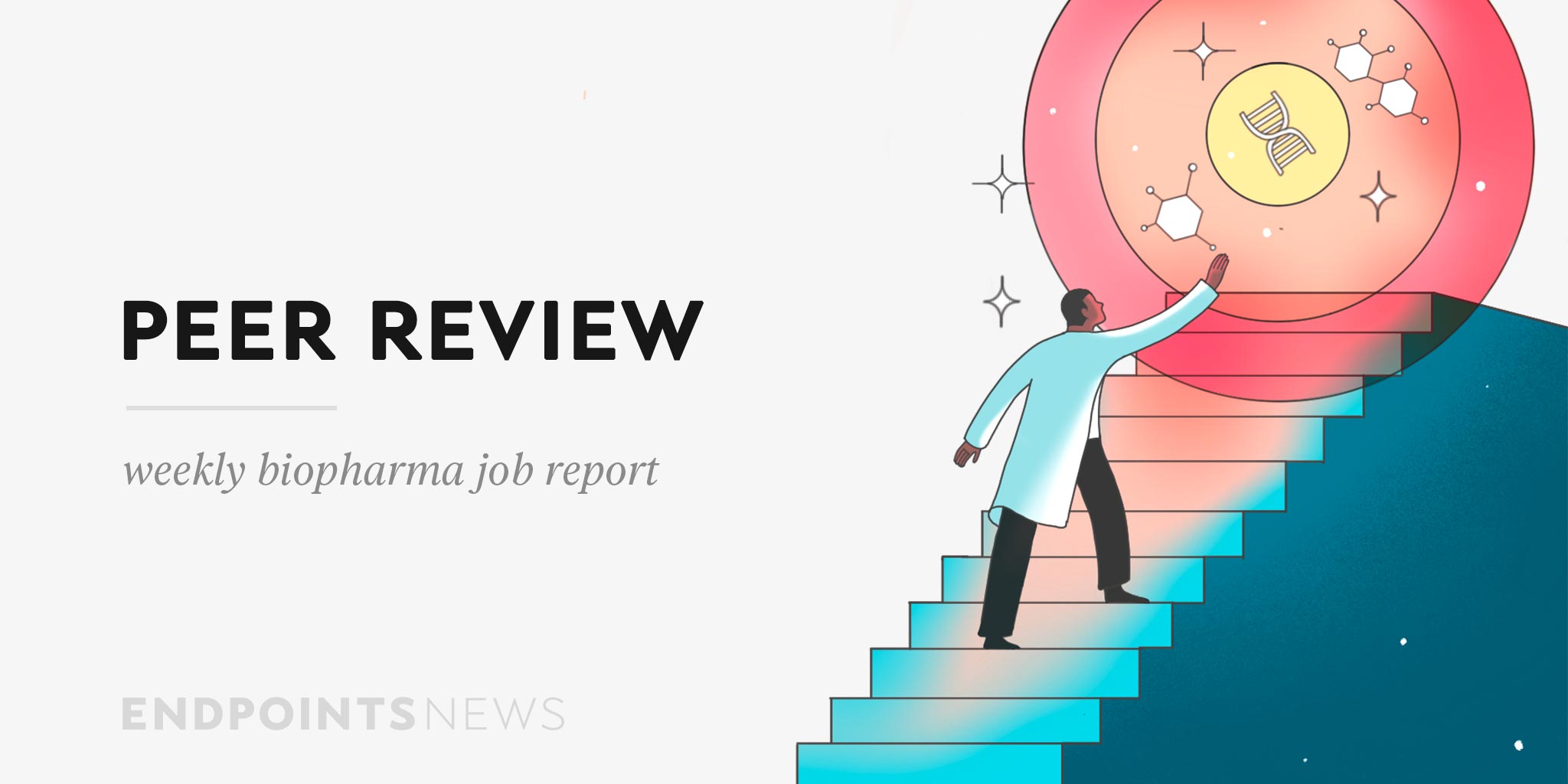
After a one-year gap, Sage finally finds new CMO; Gutted by layoffs, Flagship's Rubius reshuffles a not-so-full deck
Late last year, Sage’s chief medical officer Stephen Kanes left to head a new depression drug developer in Ancora. Now, one year later, Sage …
Sign up to read this article for free.
Get free access to a limited number of articles, plus choose newsletters to get straight to your inbox.